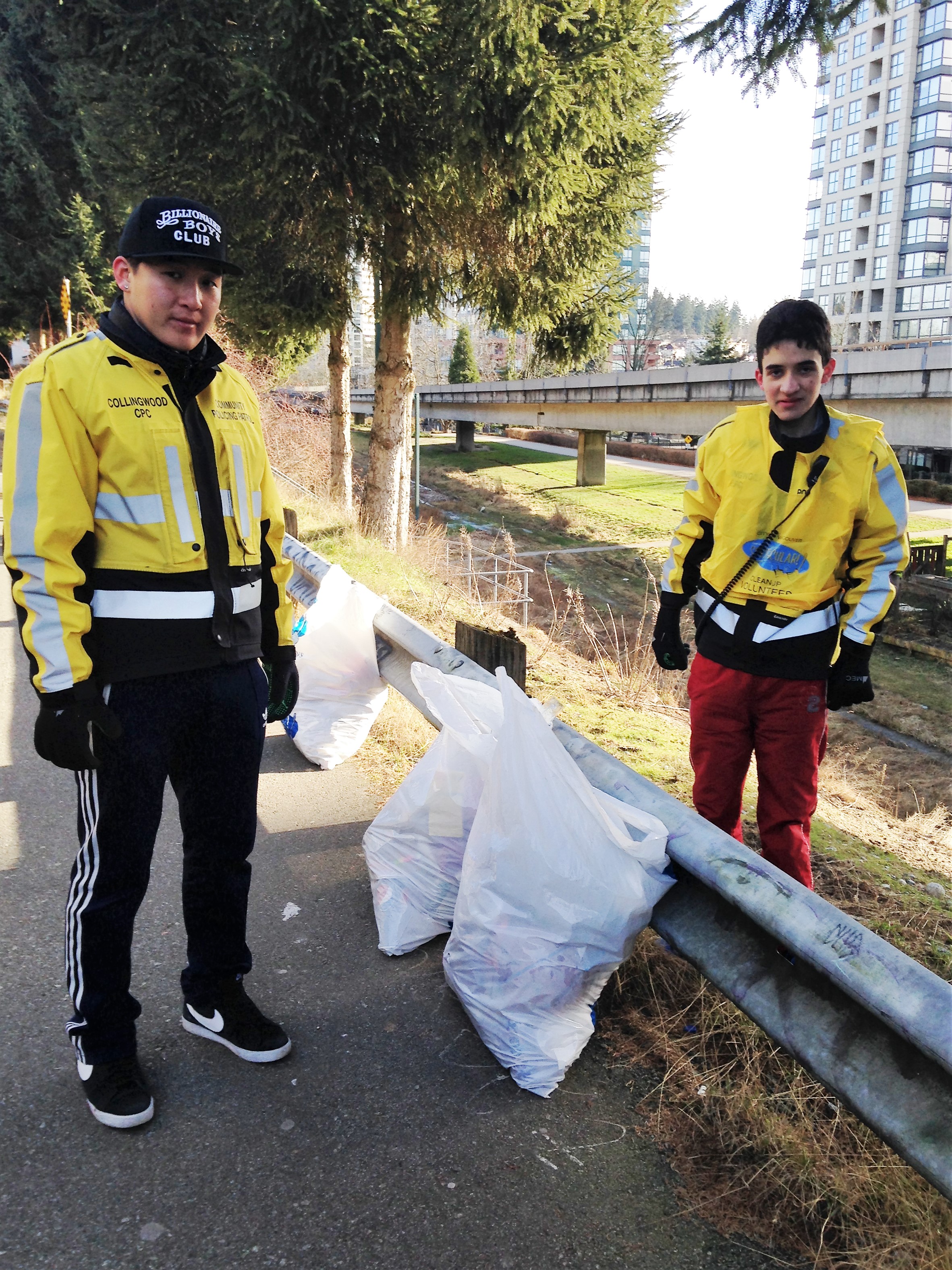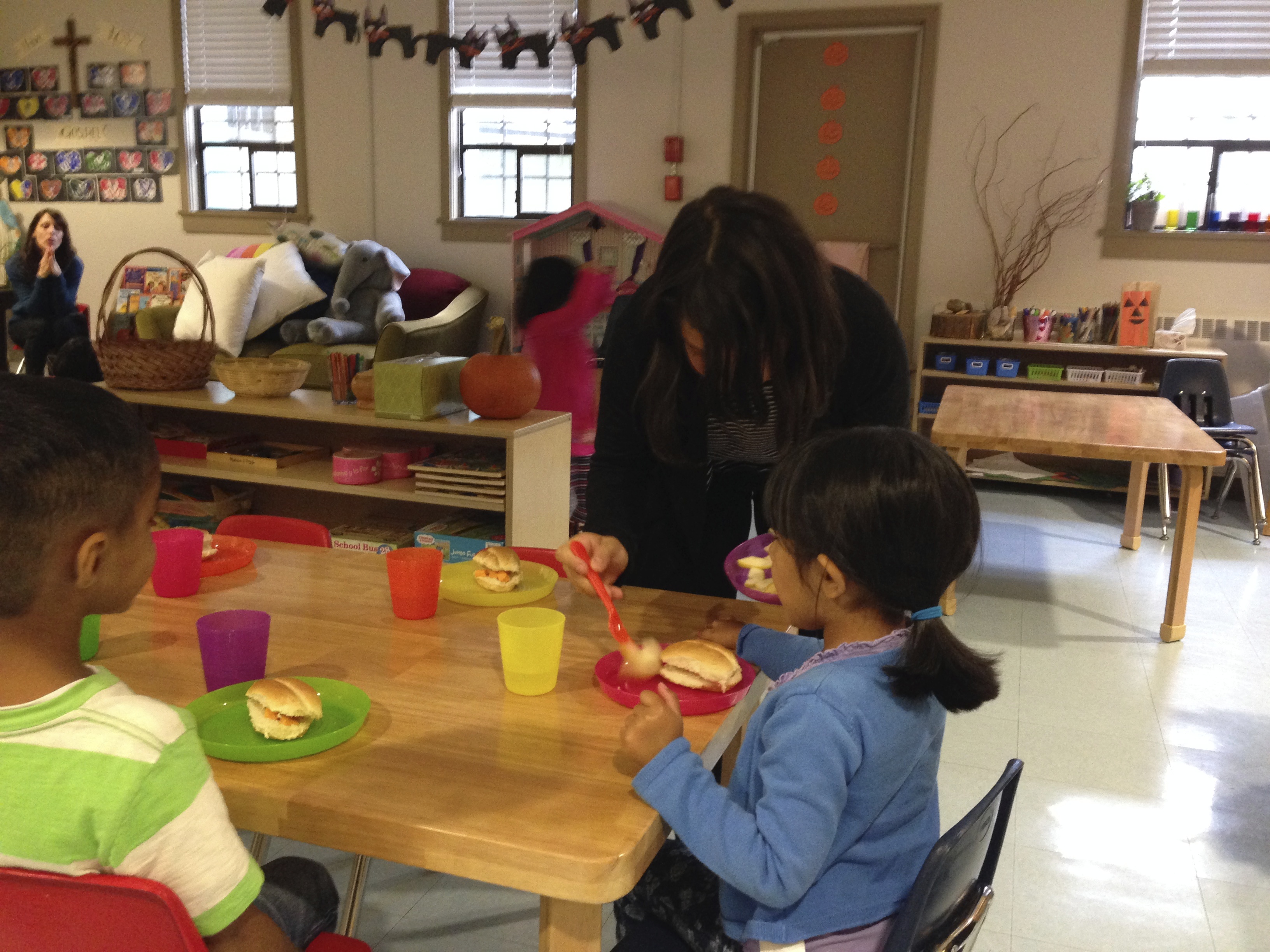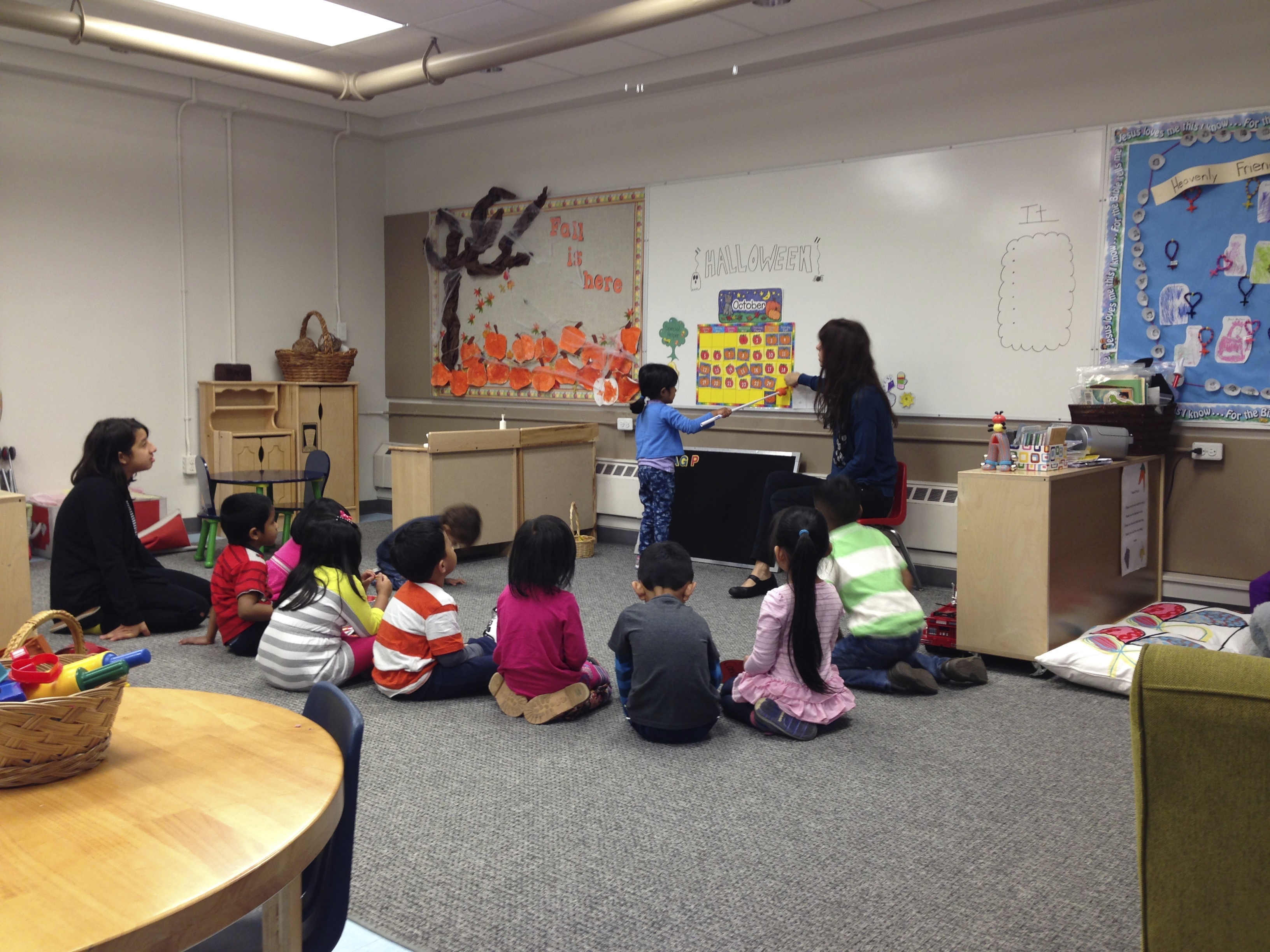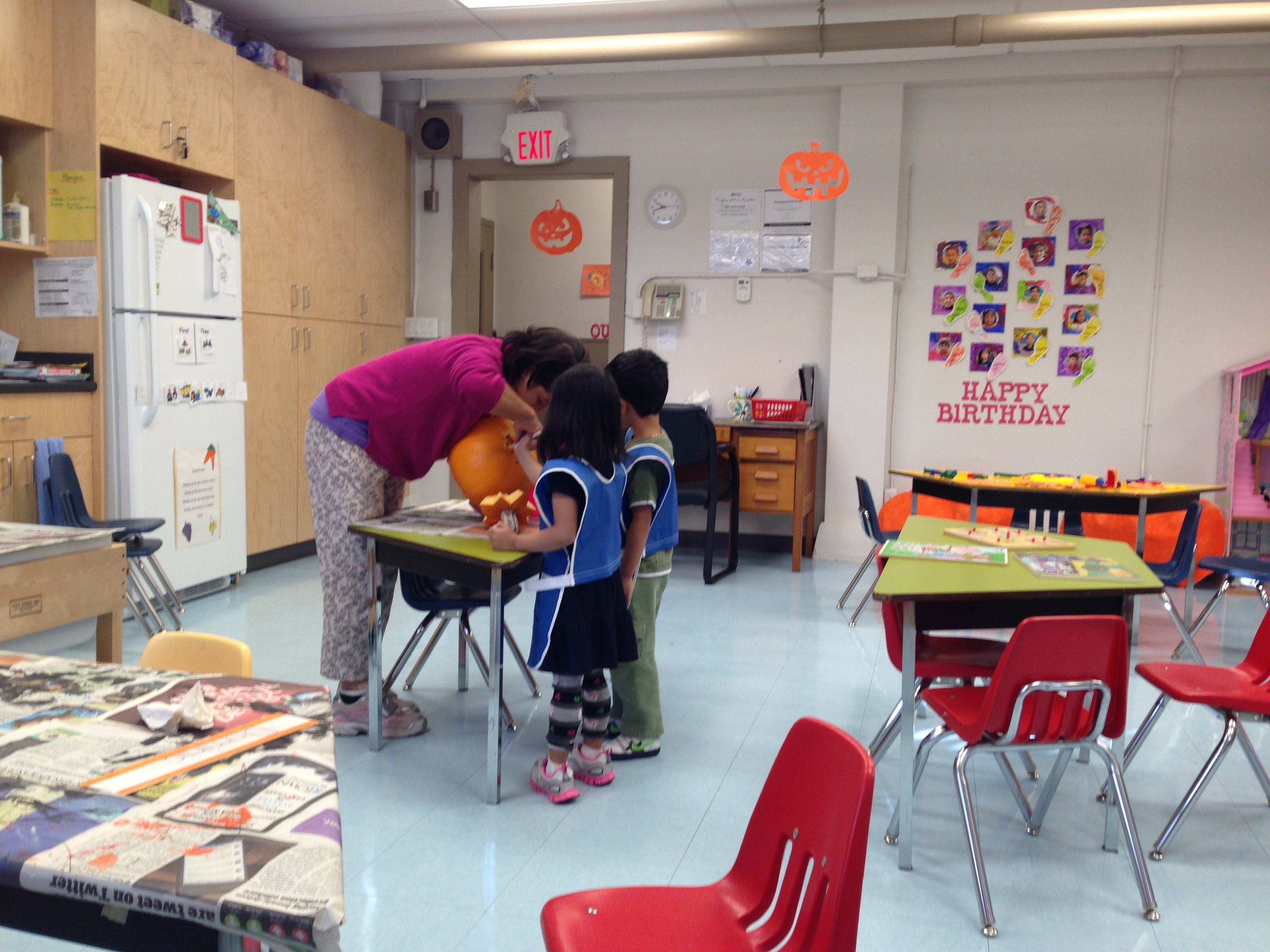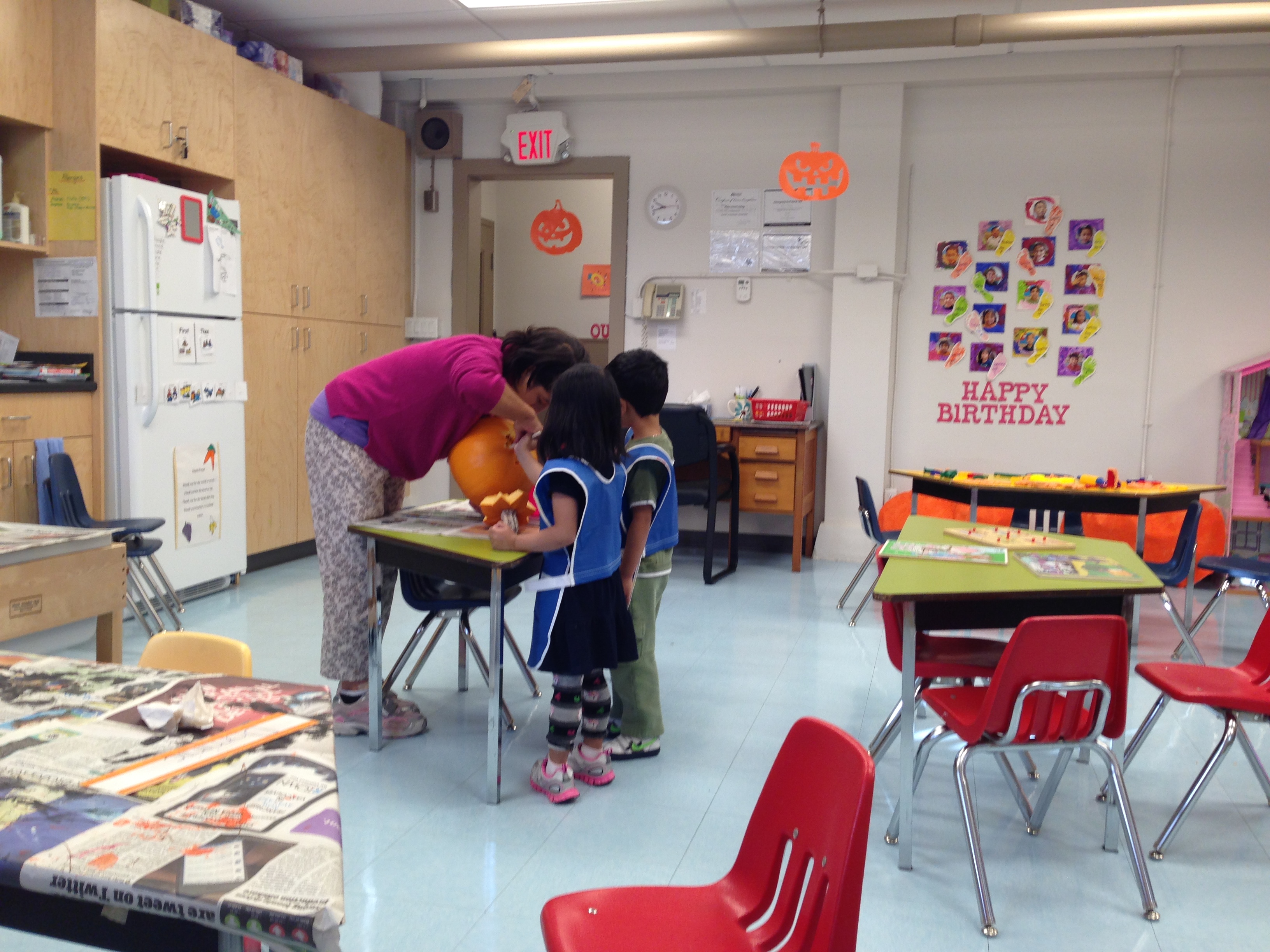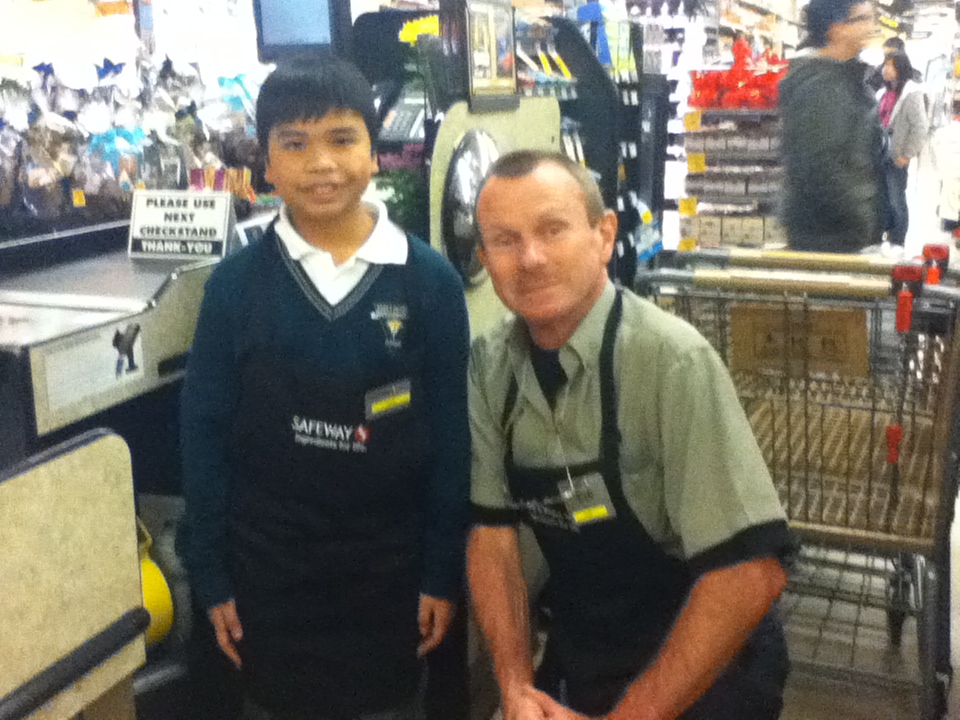Social Thinking Methodology:
People are social thinkers every day, whether it is at home, in the classroom, in the community, or at work. We should be aware that people around us have thoughts and feelings. This awareness includes sharing space with others effectively and understanding the perspectives and intentions of others. Although the theory is abstract, the vocabulary and lessons of the Social Thinking methodology are concrete. Social Thinking provides a well-established framework for understanding how to navigate the complexities of the social world.
Students Will Enrich Their Social Abilities With These Skills:
build and practice conversation skills, figurative language idioms understanding and awareness of the perspectives – thoughts and feelings of others
learn about the unwritten social rules we live by and how to recognize them in order to act in a way that is expected.
practice how and why we use Faking Social interaction is important to navigate the world.
access the tools to navigate our world and interpret people’s non-verbal cues
understand ways to control and regulate their own emotions (zones of regulations. 5 point, scale, breathing techniques, meditation)
learn to be flexible
How These Skills Are Learned:
weekly group sessions of 2 hours, with a maximum of 3-4 youths
incorporating the Social Thinking® methodology (socialthinking.com)
Pairings with other participants will be based on abilities, age, interests and compatibility
